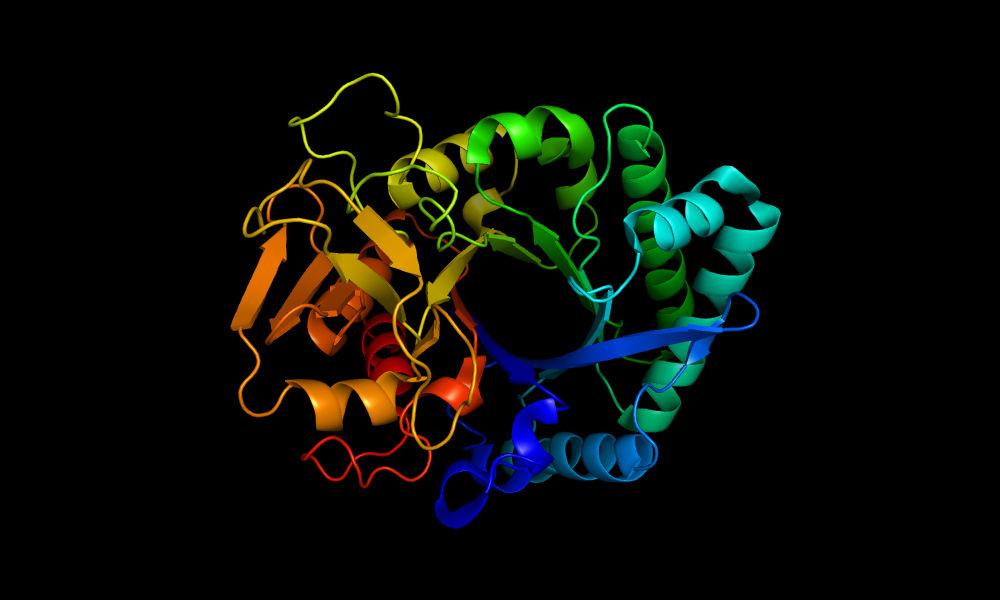
Protein folding could help diagnose and treat some of the worst diseases, and DeepMind believes AI can speed up that process.
Conditions such as Alzheimer’s, Parkinson’s, Huntington’s, and cystic fibrosis are suspected to be caused by misfolded proteins. Being able to predict a protein’s shape enables a greater understanding of its role within the body.
Previous techniques used for determining the shapes of proteins – such as cryo-electron microscopy, nuclear magnetic resonance, and X-ray crystallography – takes years and costs tens of thousands of dollars per structure.
AI, the researchers hope, will enable target shapes to be modelled from scratch without requiring previously solved proteins to be used as templates.
DeepMind calls their AI-powered folding efforts AlphaFold.
AlphaFold uses two different methods to construct predictions of protein structures:
-
- The first method repeatedly replaces pieces of a protein structure with new protein fragments, building on a technique commonly used in structural biology. A neural network invents new fragments.
- The second method is called ‘gradient descent’ which is a mathematical technique applied to entire protein chains rather than pieces and makes small, incremental improvements.

Image Credit: DeepMind
DeepMind says its work is a successful demonstration of how AI can reduce the complexity of tasks such as protein folding; speeding up the diagnosis and treatment of some of the world’s most debilitating conditions.
In a contest organised by the Protein Structure Prediction Centre, AlphaMind was judged the winner among a total 98 algorithms by predicting the shapes of 25 out of 43 proteins. The runner-up, in comparison, could only predict three of the 43 proteins.
“For us, this is a really key moment,” said Demis Hassabis, co-founder and CEO of DeepMind. “This is a lighthouse project, our first major investment in terms of people and resources into a fundamental, very important, real-world scientific problem.”







